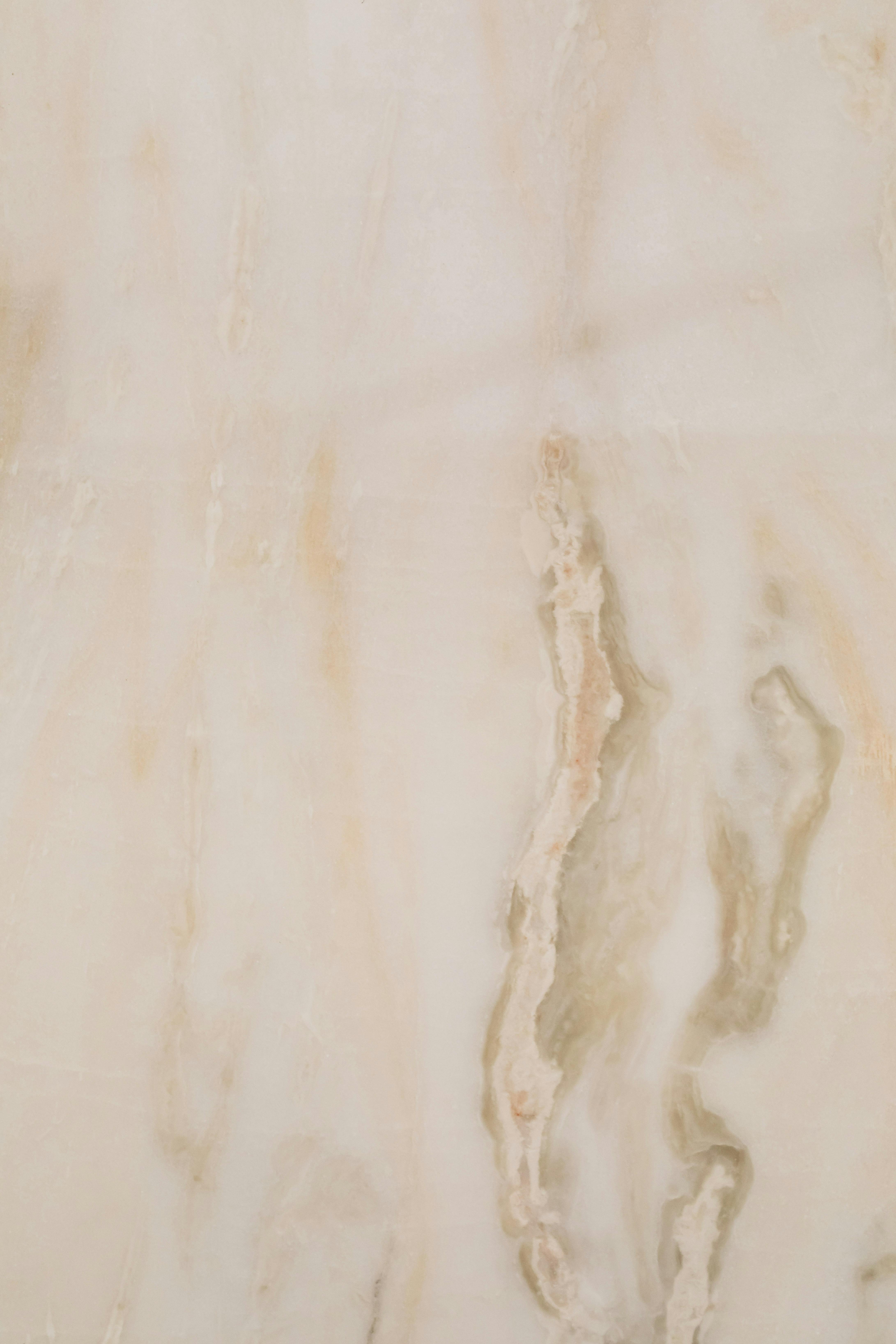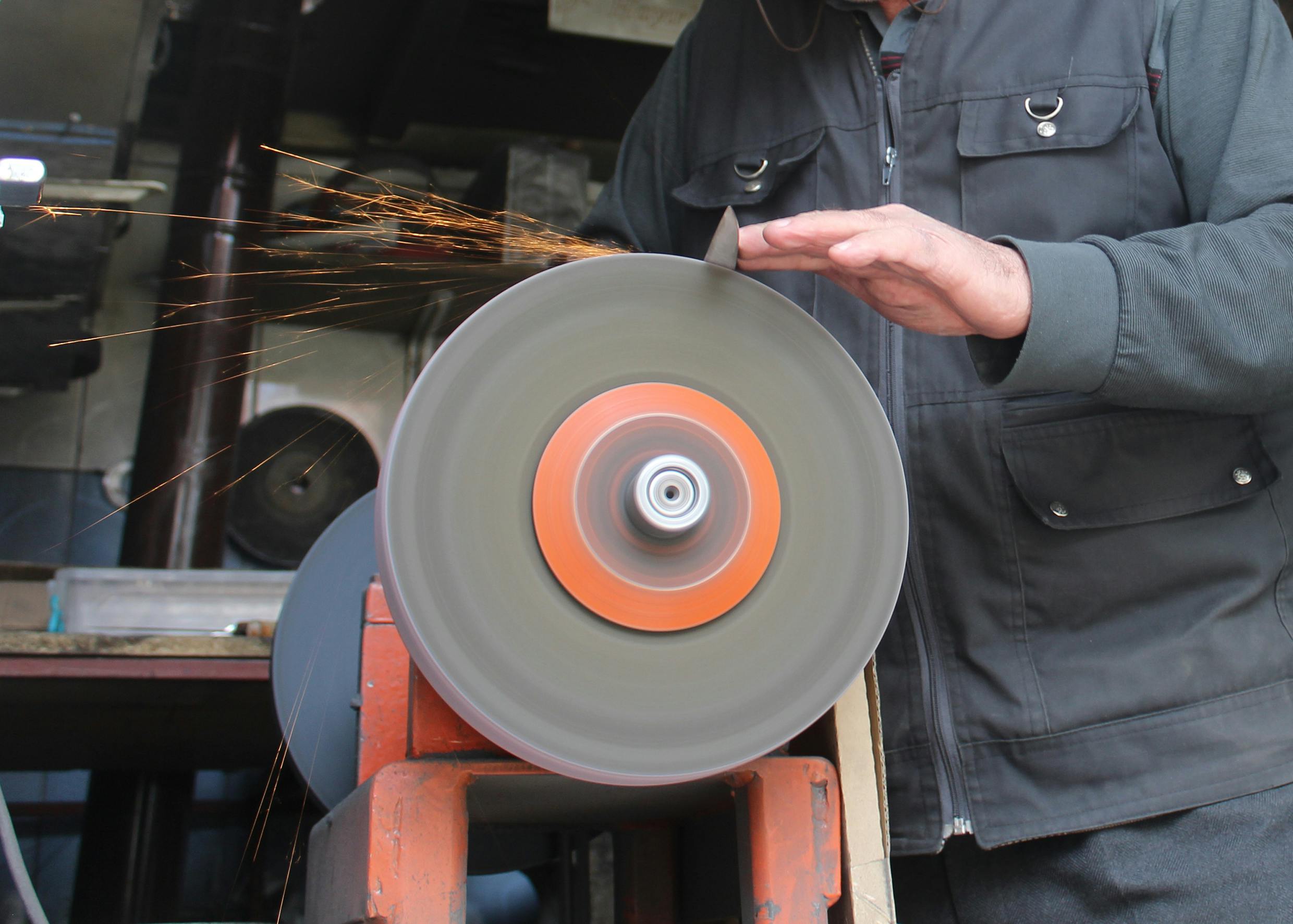Smart Ways to Drain Sinus Fluid and Find Immediate Relief in 2025

How to Effectively Drain Sinus Fluid in Your Ears
Dealing with sinus fluid accumulation in your ears can be uncomfortable and frustrating. Understanding how to drain ear sinus fluid effectively is crucial for relieving ear pressure, clearing ear congestion, and maintaining ear health. In this article, we will explore proven methods for draining ear fluid and managing sinus pressure, including home remedies, treatment options, and expert tips for long-term relief.
Understanding Ear Fluid and Sinus Connection
It’s vital to understand that the ears, nose, and throat systems are interconnected. Fluid accumulation can result from sinus issues leading to ear congestion, which may cause discomfort and hearing problems. The **sinus cavities** are responsible for producing mucus and help regulate air pressure, which directly impacts **ear fluid drainage**. When inflammation occurs due to sinus infections, allergies, or colds, the **eustachian tube** can become blocked, preventing fluid from draining efficiently. Learning the basics about **ear fluid symptoms** and their link to sinus health can help you identify the best practices for draining ears effectively.
Common Causes of Ear Fluid Buildup
There are various reasons why fluid may accumulate in the ears. Some common causes include **allergies**, **nasal congestion**, respiratory infections, or fluid retention that can occur in children. Understanding these causes is the first step in determining how to clear clogged ears successfully. For instance, when your body becomes congested, it can lead to reduced **airflow** and increase pressure in the middle ear. Additionally, swimming without proper ear protection can lead to moisture getting trapped, causing further discomfort and potential infections.
Signs You Might Have Sinus Fluid in Your Ears
Recognizing the signs of **sinus fluid** is essential for seeking treatment early. Common symptoms include a feeling of fullness in the ear, muffled hearing, or unusual noises like popping or crackling. If you experience **ear flu symptoms** alongside sinus congestion, you might want to consider consulting a professional for a thorough examination to rule out more serious conditions such as an ear infection. Also, understanding the **role of allergies** in causing ear congestion is essential in discerning when to seek ear fluid treatment.
Best Practices for Maintaining Ear Health
Preventing ear fluid accumulation begins with maintaining good hygiene and keeping your sinuses clear. Regularly practice **nasal irrigation for ear fluid**, hydrate sufficiently, and avoid irritants such as smoke or pollens. Regularly clearing your nasal passages and managing any allergies can reduce the risk of developing **ear fluid problems**. Incorporating a healthy diet rich in antioxidants and omega-3 fatty acids can also promote sinus health and minimize the recurrence of fluid buildup.
Effective Sinus Fluid Management Techniques
Once you understand the connection between sinus fluids and ear health, it’s time to explore various treatment methods to address these conditions. Whether you prefer home remedies or over-the-counter solutions, effective management is key to reducing discomfort and promoting healing.
Home Remedies for Ear Fluid Treatment
Some **natural ways to drain ear fluid** include utilizing warm compresses on the affected ear, practicing **ear drainage exercises**, and engaging in steam inhalation. These methods can help alleviate pressure while promoting blood circulation and the drainage of fluids. A warm compress can provide immediate relief by loosening congestion, while steam inhalation helps open the eustachian tubes, allowing for easier fluid drainage. Moreover, **essential oils** such as eucalyptus or peppermint can be added to steam for additional relief.
Over-the-Counter Medications and Treatments
For many individuals, **over-the-counter medications for ear fluid** can be an effective way to alleviate symptoms. Antihistamines, decongestants, and nasal sprays can help provide sinus pressure relief and assist in **clearing ear congestion**. However, one should consult a healthcare professional before starting any medication, especially for prolonged treatment. In some cases, healthcare providers may recommend **ear tubes for fluid drainage** depending on the severity and frequency of the condition.
Physical Therapy for Ear Drainage
In more persistent cases of **fluid accumulation in ears**, you might want to consider professional **physical therapy for ear drainage**. Specialized therapists utilize techniques such as massage or pressure to facilitate drainage from the inner ear. In particular, they focus on the **Eustachian tube function**, employing designated exercises that can promote fluid clearance and improve balance. This therapeutic approach provides a holistic perspective on managing ear fluids.
When to Seek Medical Attention
Knowing when to see a doctor regarding ear fluid issues is crucial for preventing complications. If you experience severe pain, fever, discharge from the ear, or symptoms that persist beyond a few days, immediate medical intervention is warranted. In some cases, conditions like **ear infections**, which could require antibiotics, stem from untreated ear fluid problems. Also, consider professional advice if the typical **sinus drainage techniques** are ineffective or if your child shows signs of ear fluid issues.
Complications from Untreated Ear Fluid
Ignoring ear fluid buildup can lead to serious complications like hearing loss or chronic ear drainage issues. Children, whose ear structures are still developing, are particularly susceptible to complications from untreated fluid. They may experience **fluid retention in ears** more frequently and experience **pediatric ear fluid treatments**. Address symptoms during early stages to avoid prolonged issues and safeguard hearing and ear health.
Expert Tips for Preventing Ear Fluid Accumulation
To avert the recurrence of ear fluid buildup, adopt specific expert recommendations such as avoiding allergens, practicing safe swimming habits, maintaining healthy hydration levels, and monitoring any existing nasal issues. Adjust your sleep positions to help fluid drain more effectively. Furthermore, consider consulting a healthcare practitioner periodically for ear health maintenance and to discuss **targeted supplements for ear health** that may help prevent future incidents.
Case Study: Success with Natural Remedies
A notable case involves a patient who regularly experienced fluid buildup leading to chronic **ear pressure relief** challenges. After incorporating **steam inhalation for ear fluid** and various **natural home remedies for ear fluid drainage**, he documented improved symptoms and less frequent blockages. Using a combination of **healthy diet for sinus health** and optimizing hydration, he effectively managed his ear health condition in conjunction with physician guidance.
Key Takeaways
- Understand the connection between sinuses and ear health to identify issues early.
- Utilize home remedies and over-the-counter treatments for effective fluid management.
- Be aware of symptoms that necessitate medical intervention to prevent complications.
- Learn preventive strategies to avoid **ear fluid buildup** in the future.
FAQ
1. How can I relieve ear pressure from sinus fluid naturally?
To relieve ear pressure caused by sinus fluid naturally, consider methods such as performing nasal irrigation, using warm compresses, or applying steam inhalation techniques. Additionally, practicing **ear drainage exercises** can help promote fluid movement within the ear canals. Consider consulting with a healthcare provider for personalized recommendations tailored to your needs.
2. What are some symptoms of ear fluid infections?
Symptoms of ear fluid infections can include ear pain, a feeling of fullness or pressure, difficulty hearing, and drainage of fluid from the ear. In severe cases, headaches or fever may also accompany these signs. It is important to consult with a medical professional if you experience these symptoms persistently.
3. Can allergies contribute to ear fluid buildup?
Yes, allergies can significantly contribute to ear fluid buildup. Allergic reactions can cause inflammation in the nasal passages and eustachian tube, leading to difficulty in draining fluids. Identifying and managing allergies effectively can help prevent nagging **ear fluid symptoms** and improve overall ear health.
4. When should I see a doctor for ear fluid issues?
You should see a doctor for ear fluid issues if you have persistent symptoms lasting more than a few days, experience extreme pain, or notice fever, redness around the ear, or discharge. Early treatment can help avoid complications and ensure prompt and effective management of the underlying causes.
5. Are there lifestyle changes that can help maintain ear health?
Certain lifestyle changes can significantly enhance ear health. Staying hydrated, avoiding known allergens, practicing safe swimming habits, and regularly checking for sinus issues can help maintain clear ear canals. Additionally, a healthy, balanced diet supports sinus health, ultimately helping to prevent **fluid buildup in children’s ears** and adults alike.
6. What role does hydration play in ear health?
Hydration is crucial in maintaining ear health, as it promotes the thinness of mucus in the sinus and ear systems, allowing for effective drainage. Keeping hydrated helps facilitate optimal **sinus drainage pathways**, thereby reducing the likelihood of fluid accumulation in the ears.
7. Can acupuncture aid in ear fluid drainage?
Acupuncture may assist in relieving ear fluid issues by targeting specific points related to ear and sinus health. This holistic method has been associated with reducing inflammation and promoting nasal drainage, making it a beneficial option for those struggling with **drain ear sinus fluid** effectively.
Incorporate these tips and techniques to effectively manage and drain sinus fluid in your ears, ensuring you enjoy clear hearing and improved comfort. For more insights, explore further topics available at this link and discover more methods through this source.

